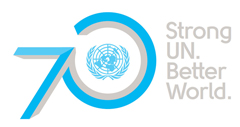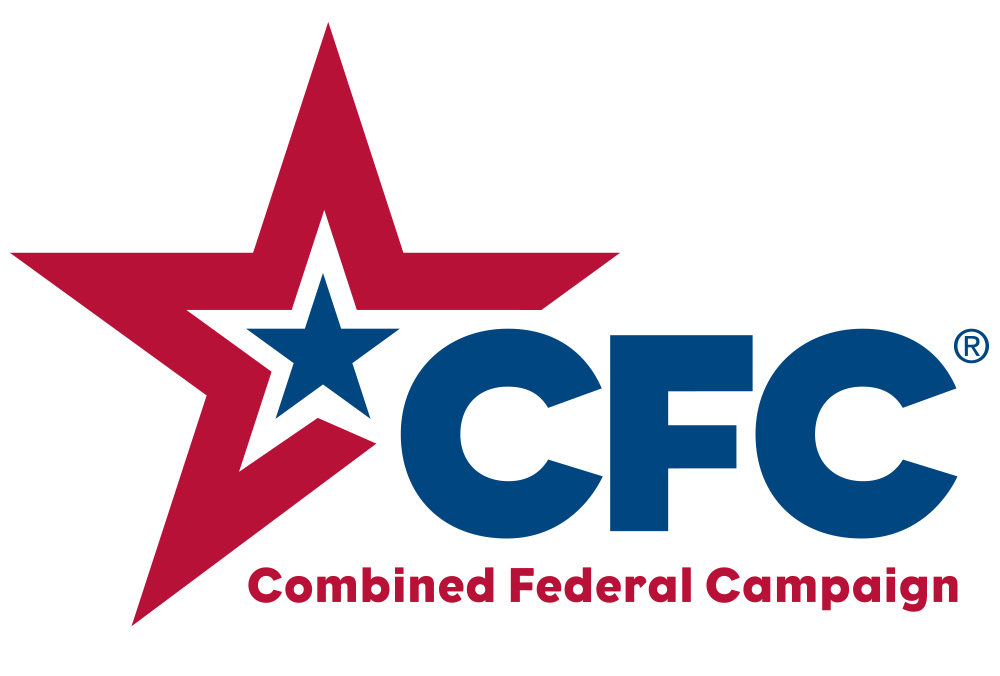Medical Escort Program
GUIDELINE FOR ESCORTS
You may also download a PDF version of this document from our forms page.
1. COMMITMENT TO A TRIP – Once you agree to accept an escort trip, you are expected to be committed to making the trip. Your name will be given to the agency involved and to their foreign contact, and the child will be booked on the agreed upon date. If, because of illness or an emergency you are unable to go, immediately contact the Escort Coordinator. Keep in mind that a great deal of time and effort has gone into arranging the trip and to have to replace an escort at the last minute is extremely difficult and causes many problems.
2. INFORMATION REGARDING THE TRIP – The escort will be provided with the necessary information pertaining to the trip including the itinerary, names, phone numbers, emergency numbers, and the name of the person authorized to accept the child at the end of the trip. Hotel information will also be included. The escort will also be given an Escort Authorization form which should be carried on the trip.
3. ESCORT RESPONSIBILITIES – The child must remain in the company of the escort at all times until the child is released to her biological parent, legal guardian, foster parent, or an authorized representative of the agency as set out in paragraph 2 above. The escort is never permitted to leave the child with the airline and leave the airport premises UNLESS the person meeting the child has not arrived and the escort is doing a turn and will miss the return flight if she waits with the child. In this situation, the escort should attempt to call the person meeting the child, then leave the child with the airline manager on duty. In addition, the escort must not take the child off airport property without first obtaining permission from the Escort Coordinator or the agency holding temporary legal guardianship of the child. It is the escort’s responsibility to very carefully look over the Travel Arrangements and ensure all is in order for the trip. If you have questions, contact the Trip Coordinator. If you encounter a flight delay or missed connection call the Escort Coordinator or the U.S. agency responsible for the child. Do not call the host family. They are not trained to solve travel-related problems and this will only upset them.
4. PARTICULAR PROBLEMS FOR CHILDREN COMING INTO THE U.S. – Oftentimes there is an emotional farewell at the airport, especially if this is the child’s first trip to the U.S. Even though the child may be close to hysterics as he is taken from his family, he will normally become calm as soon as he is settled on the airplane. It is very important that you do not make blind promises to his family or to the child, such as assuring them that his medical problem will be completely corrected. Although the doctors are hopeful that every case will be successful, sometimes this is just not possible. Never promise the child’s family that they can come to the U.S. to visit the child. Simply reassure them that he will be well cared for and loved while in the U.S. If you wish to check on the child’s progress while he is in the U.S., you should call the agency responsible for the child and not the host family.
5. PARTICULAR PROBLEMS FOR CHILDREN ESCORTED HOME – You should call the host family the day before the child leaves and make arrangements to meet them the next morning at the airport. Encourage them to say their goodbyes before security and not to ask for a gate pass. This gives the child an opportunity to settle down before getting on the airplane. Sometimes a younger child will not immediately recognize his family and will cling to the escort. Although this is upsetting to his family, it is quite normal and within a few minutes he will go to them. Occasionally the child’s family is unable to meet his flight and he must be handed over to an authorized representative of the agency. As soon as you return home, call the host family and let them know how the trip went. Remember, they have loved and cared for the child, often for many months, and have bonded with him. When relating the homecoming, try not to upset them with details of a less than perfect airport arrival. If you are doing a turn in a foreign city, it may be necessary for you to leave the child’s checked baggage in customs in order for you to make the return flight. If this happens, give the claim checks to the person meeting the child and ensure they understand they must get the bags out of customs. Ask an airline agent to help with this. Leave the bags only if absolutely necessary.
6. MISCELLANEOUS INSTRUCTIONS–
a) The consumption of alcohol is prohibited on escort trips.
b) The escort should not be accompanied by friends or family on escort trips.
c) If you have a uniform, we strongly suggest that you wear it along with your AAI badge while traveling with the child. It does help and does open doors for you.
d) When bringing a child to a host family, call them in advance to introduce yourself and ask them to request a gate pass and meet you and the child at the arrival gate. This is important if you are doing a turn.
e) Keep carry on to a minimum.
f) It will be helpful to bring disposable gloves, sanitizing soap and moist wipes. When escorting infants and toddlers to the U.S. we recommend you take a few extra disposable diapers.
g) Avoid giving the child rich foods. It is especially important that you keep the heart patients hydrated but avoid caffeinated drinks.
h) If the child is a heart patient, make sure he has a wheelchair. Even though he may look healthy, do not allow him to walk long distances.
i) When taking a child home, ensure his bags are checked to his final destination. This is especially important when taking a child to CDG where he will connect to AF.
j) Always take a credit card and a sufficient amount of cash with you for hotels, departure taxes and unexpected expenses. Be prepared for the unexpected – it does happen.
k) Make pictures and send them to us along with a short story of your trip for the AAI website.
l) If you have particular concerns over anything pertaining to the child, please report these concerns to the director of the U.S. agency responsible for the child.





